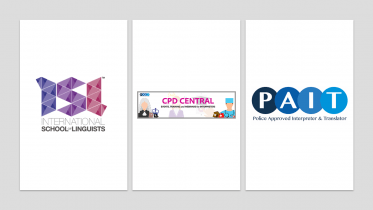
TOPIC OF THE MONTH: What is a Substantive Asylum Interview?
A Substantive Asylum interview is a detailed interview with the UK Home Office where the asylum seeker will be asked many questions as to why he cannot return to his home country and why he wants to live in the UK. It is a chance for the asylum seeker to put his case before the…










